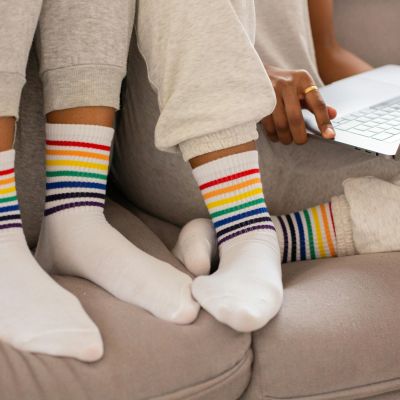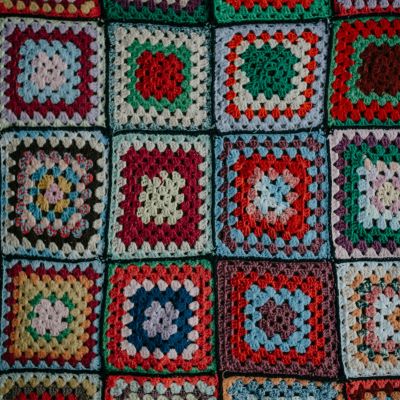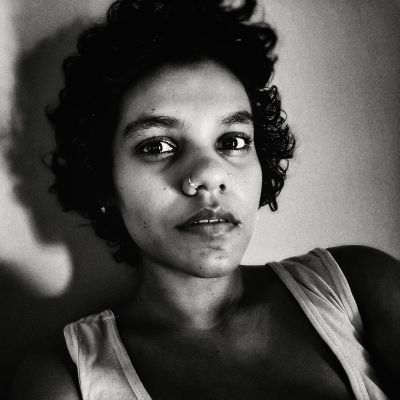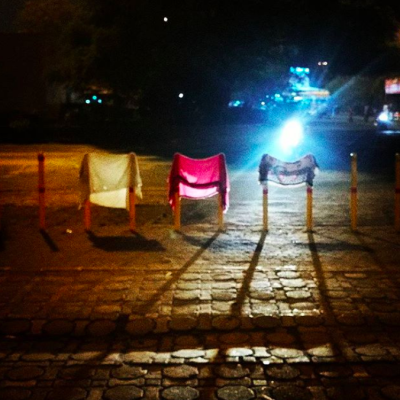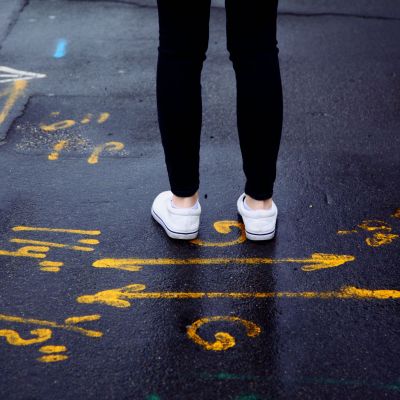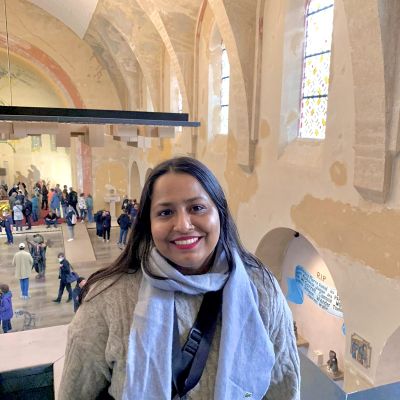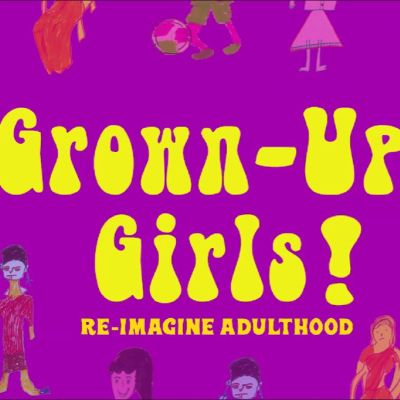agency
Marriage also feels complicated when one approaches it through the lens of feminism. Marriage throws in two people and often their families into a system designed to perpetuate patriarchy, subjugate women, and bind men and women (in heteronormative marriage) into strict roles in the marriage.
Here’s to some quiet time listening in to what people are saying, and consuming, on the Internet, particularly on social media, on the subject of gender and sexuality.
That little baby born in spring,
Shall “he” identify as Queer?
Regardless, Polaris feels queer!
Sexuality is fluid, embodying my emotions, and their expression, thereby creating an aspect of my identity central to me.
Growing up, for me, has been about accepting that the loneliness and sadness woven into the fabric of my being do not go away with entering conventional arrangements like monogamous relationships or marriage.
The most satisfying spiritual and sexual experiences I’ve had were not in my twenties, thirties or even forties. They have been in my 50’s. The most insightful spiritual insights, and the most orgasmic orgasms have both arrived in middle age.
If you’ve got a body, in which you’re going to negotiate this life, you have to know how it works.
Sexuality makes me think of an erotic adventure. Something that helps us be alive to the world around us, and to life around us.
I gave myself the freedom to choose. And I chose to re-examine my assumptions. Maybe it was possible to ask strange men for directions without being afraid of seeming vulnerable. Maybe I could plan my outfit without bothering about the fact that I would be travelling on public transport.
I often imagine if I had been able to access friendly and empowering comprehensive sexuality education from my childhood, how different my life would have turned out to be.
It is unfortunate that one of the most fundamental processes of human life is shunned to the extent that we’ve been taught, and so we learn to dismiss the natural feelings our bodies produce.
Our bodies are the vessels through which we feel, emote, work or navigate our societies and the world at large. Our bodies are the real, live archive of everything we have experienced and they have borne the consequences of our social conditioning and decisions.
The first sensations that we experience are related to and derived from our body. It is a site of experience, expression and contemplation. The body is a means of voicing our deepest realisations, but how others visualise it can be a source of intense pain.
They use sports, technology, arts, and media to express themselves and to build the confidence to exercise choice and negotiate decisions about their bodies, health and life.
Lack of women’s representation in policy-making institutions has allowed men, often with minimal understanding and empathy, to decide what women in sports can or cannot wear. As a result, these policies have ended up undermining women’s comfort as well as agency.


